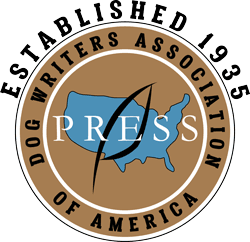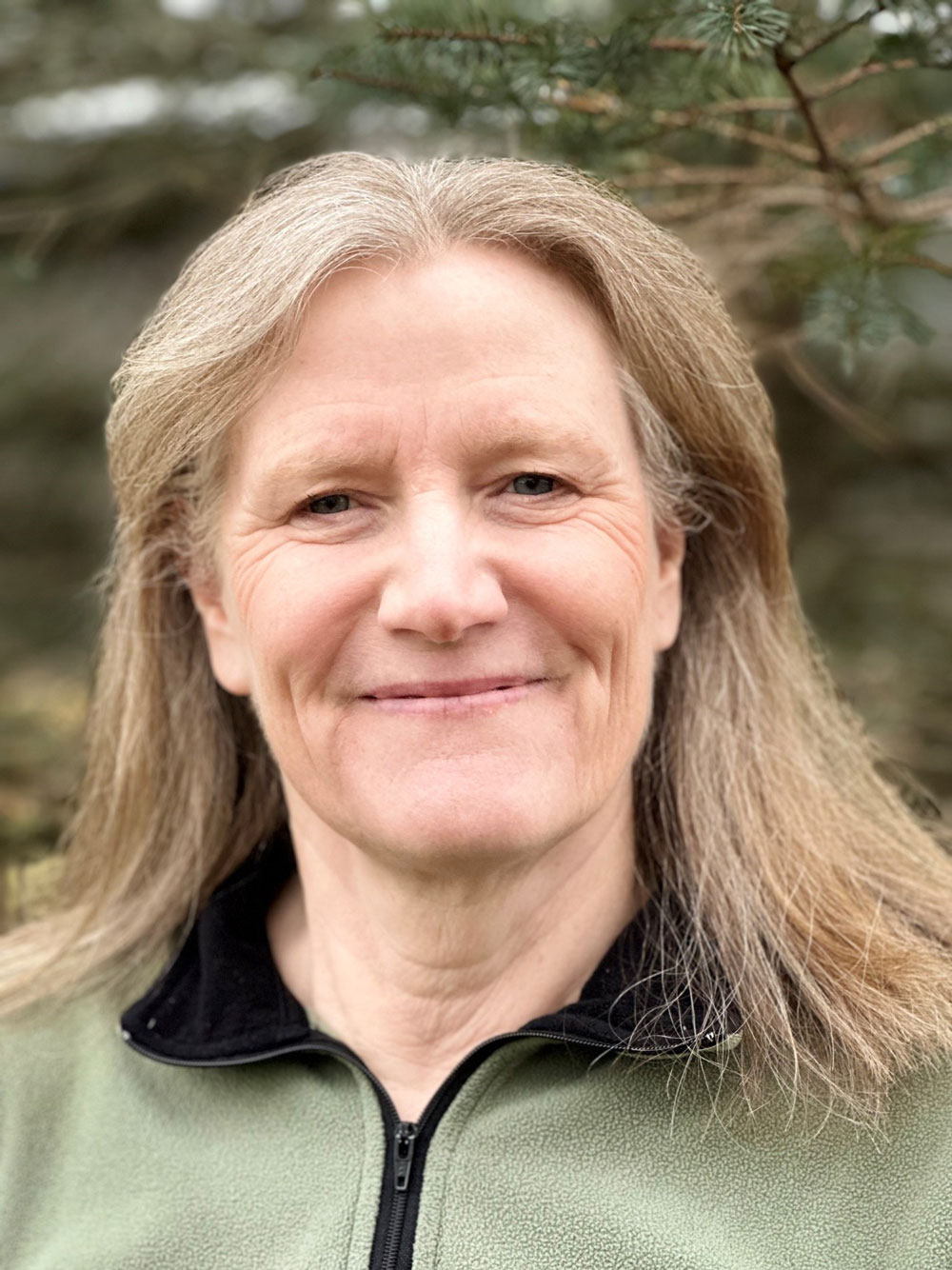Anne Marie Duquette interviewed Paula Piatt, Winner of the Newspaper Articles Health or General Care Category with her article, "When the End Approaches"
Congratulations on your win! Tell us about your experience and expertise, and how this relates to your entry. What target audience did you write for, and why?
Labrador retrievers have been part of our family for almost 40 years, and we’ve seen their health issues, their quirks, and their unconditional love. Having been through so much with them and having the ability and opportunity to write about them, I’m blessed to be able to pass along years of personal knowledge, as well as the knowledge of veterinary professionals.
The target audience for this particular piece was new owners, those who have not experienced the pain of losing their companion. But it’s also a helpful reminder for those of us who have been in the game for many years. Letting go isn’t easy, but I’m hopeful that my suggestions can give readers the knowledge that they did the best for the final days of their best friend.
What prompted you to submit this specific entry? Why do you think it struck a special chord with the public and the judges—and with you?
I knew this entry would appeal to every dog owner at some point in time. We all hear “When you know, you’ll know,” and those of us who have been through the pain of letting an animal go know that’s true. Newer, inexperienced owners might be unsure of themselves. Giving them a blueprint for the end of their best friend’s life is crucial to how they will feel about it when it happens, and whether they will continue to make a difference in the lives of other dogs. And when a trusted colleague labeled my article as “excellent,” I thought I might have something here.
How big a part have dogs played in your personal and professional life? Was there a particular dog that sparked your interest in interacting with the public? Tell us about this special dog, and/or the dogs in your contest entry.
Dogs have been a constant in my family’s life. We’ve had Labs for nearly 40 years and are now on our sixth and seventh dogs. In my years as a small-town newspaper journalist, I’ve had the opportunity to write columns and articles, and I’ve always written about my dogs. As it turns out, they’ve been my most popular pieces with the public.
It was Maddie, a yellow Labrador, that drew me to write specifically about medical issues and the advances we’ve seen in veterinary medicine. We lost her to cancer and it was, of course, a horrible experience. When I saw the opportunity to not only let owners know what was available in terms of medical breakthroughs, but also to shine a light on the unbelievable research work going on, I knew I had to use my talents for “good.”
How big a part have people played in your association with dogs? Family? Friends? Do you have any favorite writers/bloggers/media or graphic artists? How have they influenced your career?
Dog people are some of the best people I’ve met! And I’ve made lifelong friends in the veterinary medicine community – not just as veterinarians, but as people who share my love for dogs. Not everyone in my family understands my love of dogs, and certainly, there are friends who “don’t get it.” But I’m always happy that when others have a dog question, they seek me out. I don’t always have the answer, but having had experience with my pack for years, I can at least point them in the right direction. I hope my enthusiasm for dogs leads others to become better owners themselves.
When you consider both your personal and professional canine-related achievements, which one of each stands out the most? And why? What is the driving force that sparks your work?
Personally, I’m proudest of the love and care I’ve given all our dogs. Magic, Brooks, Ben, Maddie, Hailey, Finn and Riley are all special and unique, but the one constant has been the love and compassion I’ve shown them, especially at the end of their lives when they depend on me to make the right decision.
The driving force behind my work is the incredible research being done by canine veterinarians. These doctors and scientists work unbelievably long hours, usually in complete anonymity. I want to bring their work to light, so not only dog owners will be willing to participate in clinical trials and studies, but so that individuals, government agencies and non-profits will be more willing to donate research funds.
What ongoing or future canine projects do you have planned? Are they personal (like cuddling your favorite pooch or volunteering at the local shelter) or professional (like selling articles, training, or conducting medical research)?
The near future will be dedicated to my 8-year-old yellow Lab, Finn. Ironically, on the day my award arrived for the piece “When the End Approaches,” she was diagnosed with cancer. The news was traumatic. As we navigate the end-of-life issues facing us, I will make every day special--the absolute best it can be for her.
Professionally, I’m even more determined to do everything I can to beat canine cancer. I can’t work in a laboratory, or operate on a dog, but I can disseminate honest, truthful, and easily understood information to those willing to read. I want to spur them to action.
What would you recommend to those peers who wish to enter your winning category in next year’s contest?
Absolutely enter the contest. Do not hesitate to put your work out there among the best in the country. But I would caution them, don’t write the story to win the award. Write the story to make a better world for the dogs and their owners. I’ve found that the rest will take care of itself.
To conclude this interview, what thoughts from the heart would you like to share?
Any writer would be dishonest to say that awards don’t matter. They do. And to be honored by the DWAA, knowing that it represents the best writers in the field, is extremely humbling. But if I never won an award for this piece and it only helped someone get through the incredibly painful process of losing their best friend, that would be enough.
Congratulations again and thank you for sharing with us.


